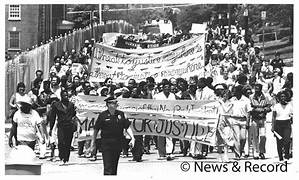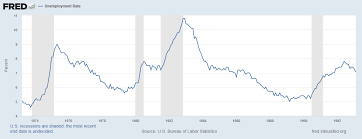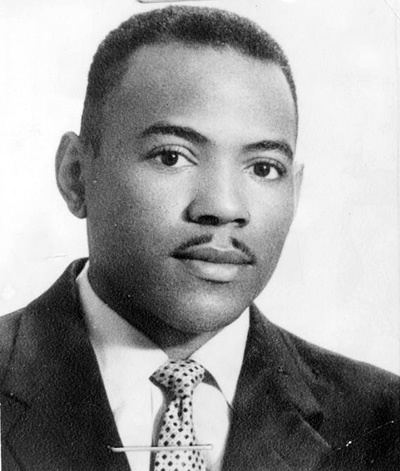In 1979, the United States was marked by a tragic event known as the Greensboro Massacre. This incident, which occurred in Greensboro, North Carolina, on November 3, 1979, involved a racially charged confrontation between members of the Communist Workers' Party (CWP) and members of the Ku Klux Klan and the American Nazi Party. The Greensboro Massacre served as a stark reminder of the deep-seated racial tensions and political divisions that existed in the country during this period.
The confrontation unfolded during a protest organized by the CWP, a leftist political group advocating for workers' rights and racial equality. The CWP had planned a "Death to the Klan" rally to denounce the Ku Klux Klan's presence in the area and to protest against the racist policies they represented.
As the CWP members and their supporters gathered for the rally, a caravan of Klansmen and American Nazi Party members arrived at the scene. Tensions escalated quickly, leading to a violent clash between the two groups. Shots were fired, and chaos ensued.
Tragically, five individuals lost their lives in the Greensboro Massacre: Cesar Cauce, Michael Nathan, William Sampson, Sandra Smith, and James Waller. Several others were injured in the violence. The incident shocked the nation and brought attention to the deep-rooted racial and political divisions that persisted in American society.
The Greensboro Massacre sparked a significant outcry and raised questions about the role of law enforcement in preventing such violence. Many criticized the police for their perceived inaction during the confrontation, arguing that they failed to intervene and protect the protesters from the armed Klansmen and Nazis.
The aftermath of the Greensboro Massacre saw a lengthy legal process, with various trials and investigations attempting to determine responsibility and bring justice to the victims. Several individuals were charged in connection with the violence, including both CWP members and members of the Klan and Nazi Party. However, the trials resulted in acquittals and mistrials, leaving many feeling that justice had not been served.
The Greensboro Massacre had a profound impact on the local community and the nation as a whole. It highlighted the ongoing struggle for racial equality and the persistence of white supremacist ideologies in American society. The incident also prompted a renewed focus on the need for dialogue, understanding, and nonviolent approaches to address racial tensions and promote social justice.
In the years following the Greensboro Massacre, efforts were made to commemorate the victims and raise awareness about the incident. Memorials were erected, and community organizations emerged to promote racial reconciliation and activism against hate and bigotry.
The Greensboro Massacre remains a tragic chapter in American history, reminding us of the need to confront and address racial divisions and hatred. It serves as a somber reminder of the challenges faced by marginalized communities and the ongoing struggle for equality and justice.






